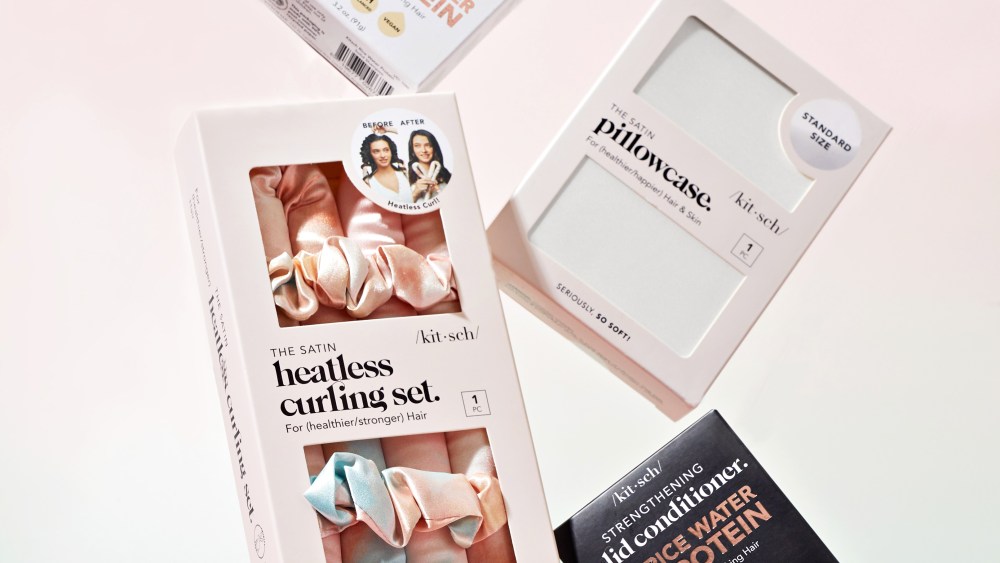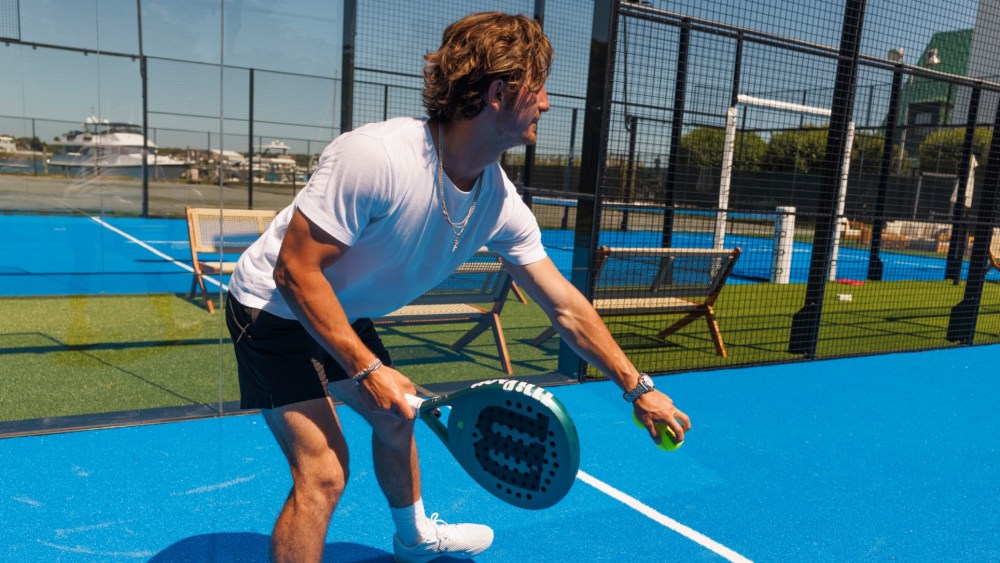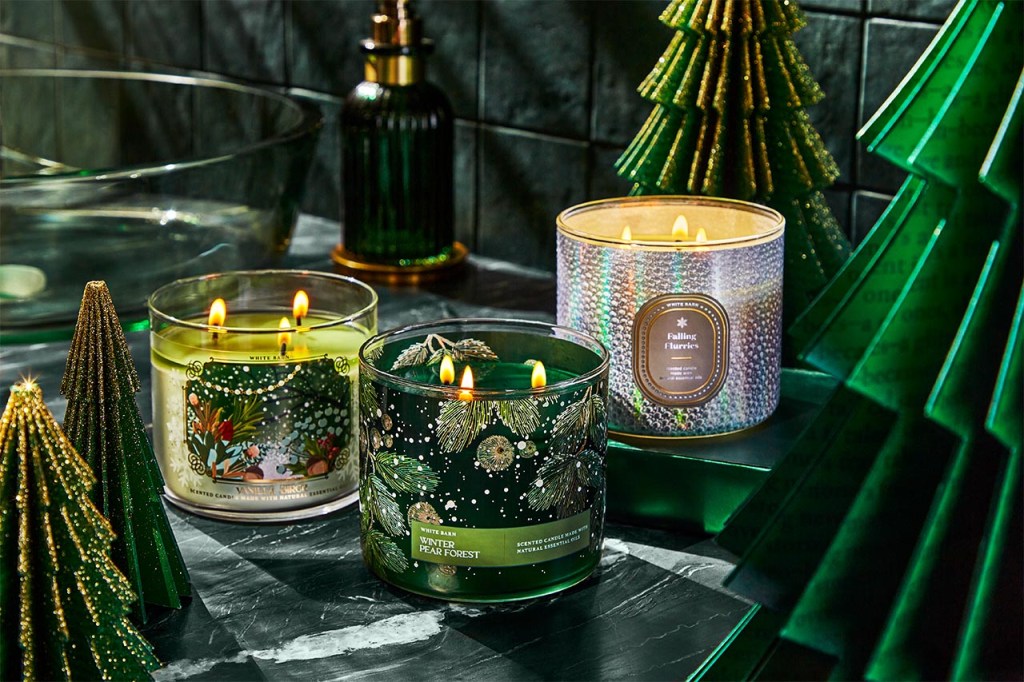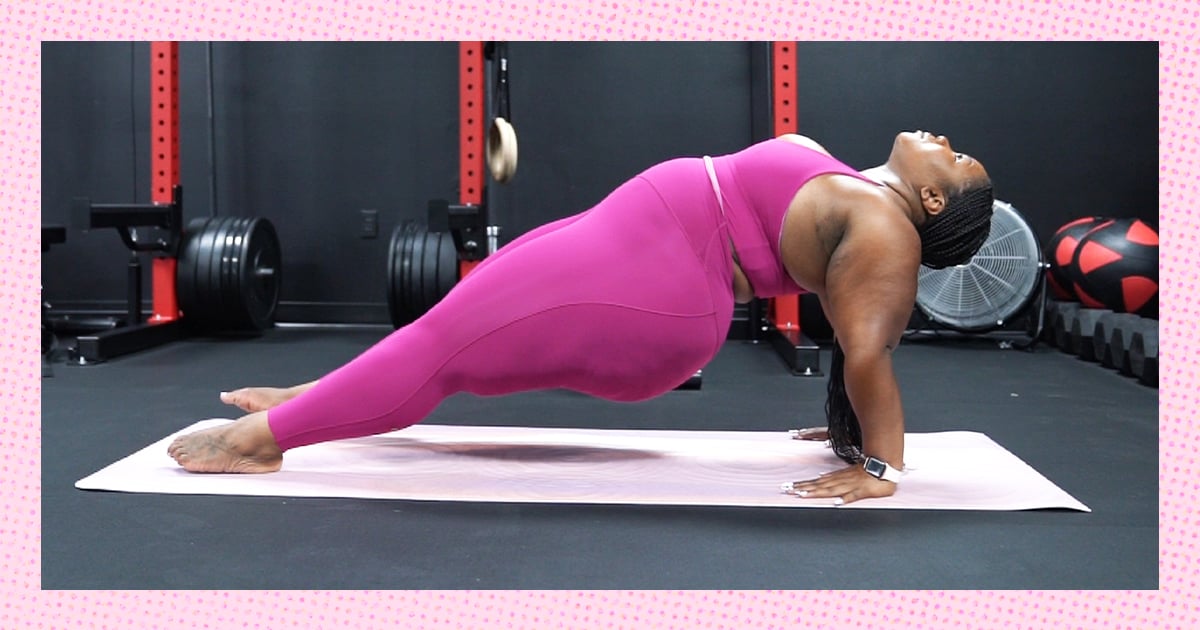Kitsch has become a significant player in beauty.
The U.S. global hair care and accessories company making goods from recycled materials sold in the U.S. at Ulta Beauty, CVS, Whole Foods Market, Walgreens and Amazon, among others, is now a more than $260 million brand with 84 percent year-over-year sales growth, according to industry sources.
In the past year alone, Kitsch has expanded globally from 25 to 95 countries with distribution in 27,000 retail locations in total, including Selfridges and Boots in the U.K., Shoppers Drug Mart in Canada, Sephora in Asia and Mecca in Australia. And on July 14, the brand will enter all Target doors in the U.S.
Related Articles
At the center is Los Angeles-based founder Cassandra Morales Thurswell, who launched Kitsch in 2010. But it was growing up in a town of 2,000 people in Wisconsin that helped her understand the everyday consumer, she said.
“One of the greatest things about growing up in that environment was I really got to see Middle America,” she said of her Midwestern background. “I got to see what the dollar means, where people shop, what’s important to them.”
It was an internship at Christian Dior that took her to New York City, while she was still in college studying retail and merchandising at the University of Minnesota. After the experience she realized, “I’m ready for a big city.”
She chose L.A., where she had family because, “Worst case scenario, I have a couch to sleep on.”
In L.A. she had multiple jobs, from managing a cupcake shop to working in private-label jewelry manufacturing, while she continued her studies in product development at the Fashion Institute of Design & Merchandising.
“I realized, I’m actually really good at service,” she said of the manufacturing job. “That’s my superpower. I’m good at listening to what a retailer wants and needs, and then delivering it in a way that maybe they never even thought that they wanted.”
She had always dreamed of starting a brand, she continued: “I tried little brands here and there, but they weren’t successful,” she said. Then she had a lightbulb moment, asking herself: ‘OK, if I really want to make a brand that’s authentic to me, what am I going to do?’ I’m from Wisconsin. What is a product that I know that every one of my friends buys, wears, will continue to buy for the rest of their life, and that was a hair tie.”
She began by producing knotted hair ties. “I’m not the originator, and I had seen it in the marketplace, but I was like, ‘This is poorly done. I could do a much better job of this.’ So I went downtown, I bought supplies, and I started making these hair ties. I was cutting them. I was taking a lighter, and I was singeing each and every single one of them by hand. I was trying all these different techniques and treatments on the elastics to perfect them.”
She did door-to-door sales at hair salons which were her initial buyers along with gift shops.
“I knew the flat elastic was better for your hair, but I didn’t really understand how much better it is, and then that’s where the wildfire spread,” she said of growth. “People would be like, ‘Oh my gosh, this changed my hair. This is a game-changing product.’ And I thought about that. And I was like, hair care is so much more than shampoo and conditioner. Hair care is the pillowcases you sleep on. It’s the shower cap you use. Every single time you interact with your hair, that’s hair care.”

Kitsch — self-financed by Thurswell, who works closely with her husband (and about 200 employees, including contractors) — now has 320 stock keeping units, covering every aspect of hair care, with a wide range of accessories and solid shampoo, conditioner and body bars. Accessories are made globally, while “consumables” are produced in the U.S. Bestsellers on the brand site are generally between $5 and $20.
“We sell one bar every 5 seconds,” she said of the bottle-free, sustainably minded product, which became a hit for the brand when it first launched three years ago. “We were the number-one selling shampoo on Amazon for two days straight.”
Amazon and the brand’s direct-to-consumer business bring 60 percent of all sales, Thurswell revealed.
Kitsch was sold on Amazon, then launched its DTC website before going into Ulta Beauty in 2016, which “put Kitsch on the map,” said Thurswell. “They allowed us to have the freedom to tell our story in their space.”
Buyers have been across ages, she added. “When you look at who our demo is, it’s 60s down to tweens. The data shows it’s not skewed in any one bucket.”
She’s expanded reach and brand awareness through collaborations with entertainment properties including “Barbie,” “Harry Potter,” “Wednesday” and “Stranger Things.”
“Our strategy was, if you’re at a drugstore, what drugstore items are you buying? And then trying to really cater to that customer there,” Thurswell said of the strategy, which is the same across retailers. “And so, we curate our assortment in that regard. And then we focus on promoting it in that way as well.”
Facebook and Instagram have been powerful tools to connect with community, but “we’re quiet,” Thurswell said of her marketing approach. “And we’re supportive. And we’re listening.”
Kitsch sells one heatless curler every 15 seconds, five satin pillowcases every minute and 12 hair accessories every minute, according to the brand.
“If there’s any anything to do with hair, we’re going to keep you covered,” she said. “We have amazing things on the way. We have it planned all the way through 2026.”




